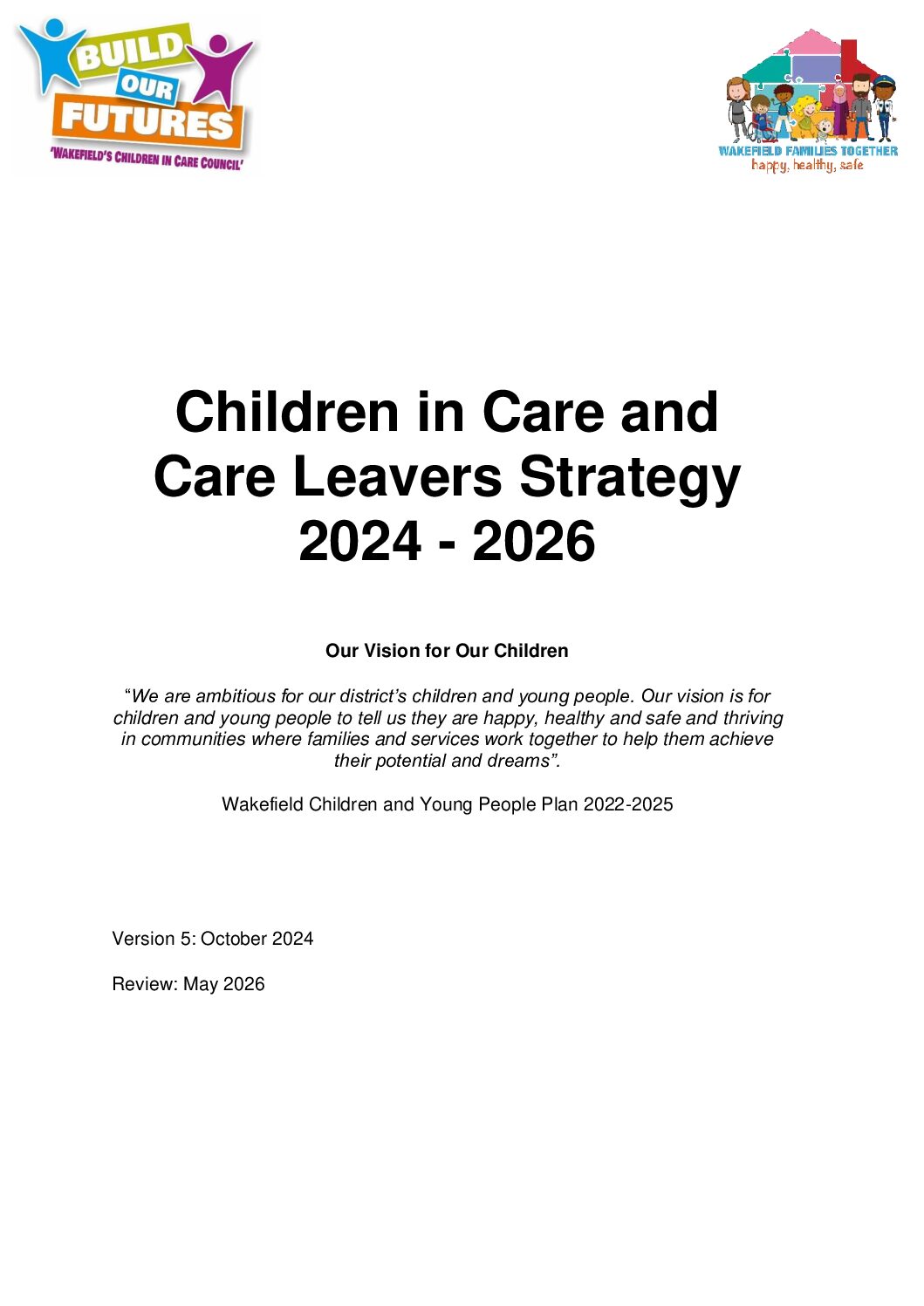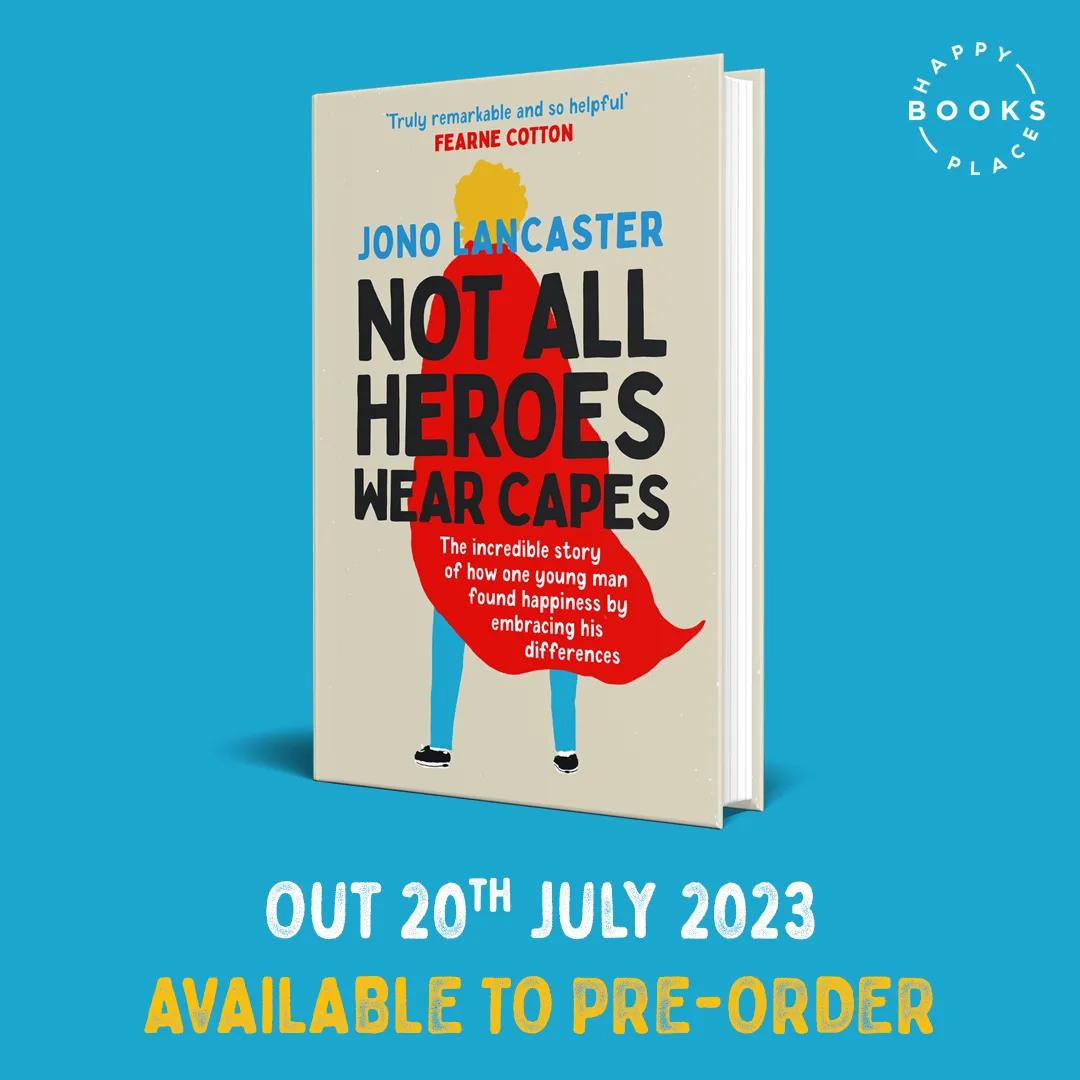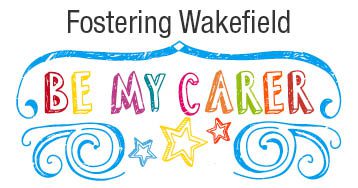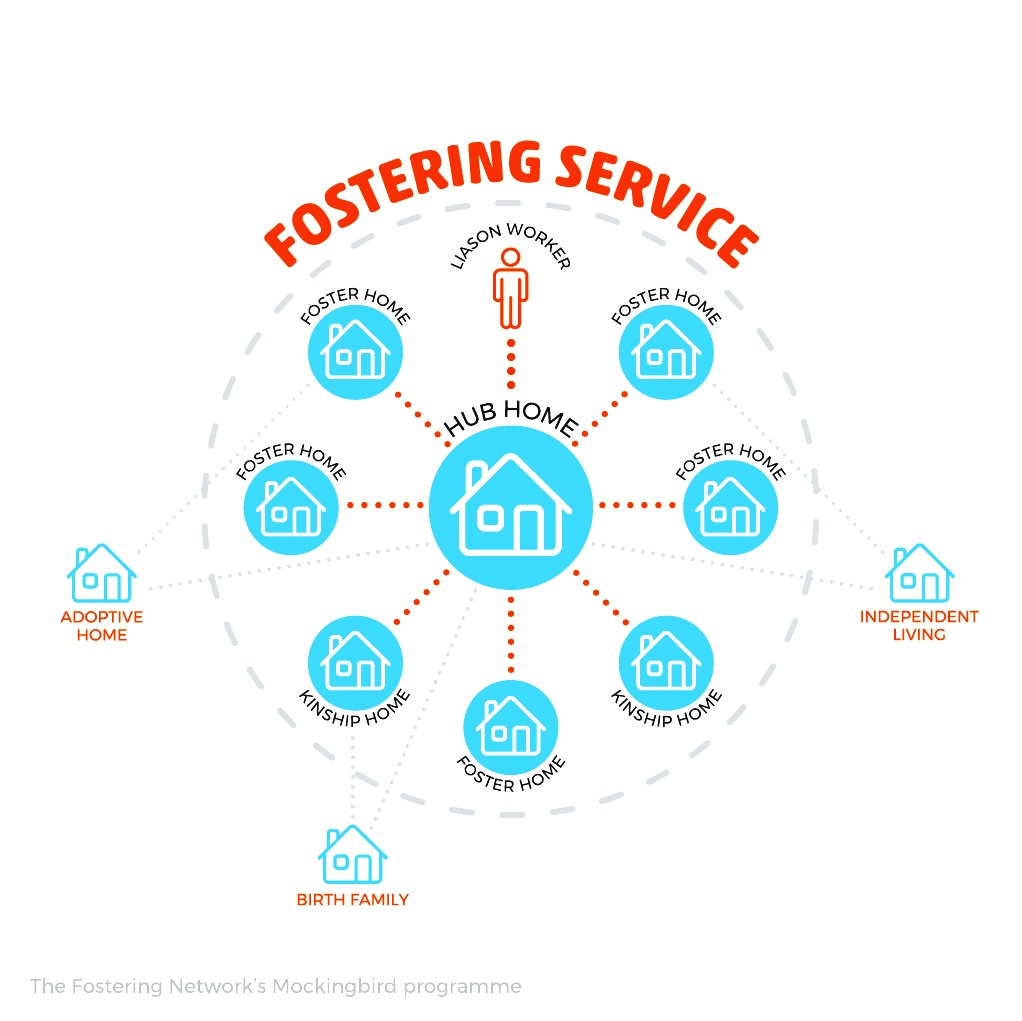Our Message to Decision Makers
• Use co production whenever you change something
The problems start when we don’t get a chance to be part of the solution. Involve us early and let us lead the discussions. Working this way, and acting upon our wishes, will show that you are serious about learning from us. This will help you ask the right questions and make us feel respected and valued.
• Respect us, trust us, listen to hear, not to respond
We do not tell you things without a good reason. Please listen carefully before making assumptions. Decide solutions with us, based upon what we have said. This will help us develop the resilience and assertiveness we will need when we live independently.
If you work with us, we need you to listen to our views, we need you to know what we want. Please don’t guess or assume – ask us and trust us.
Listening is powerful. It helps us to think through the answers to our own questions. It creates a great environment for us to learn from each other – this is the way great things begin to happen!
• Use language we understand
We live in homes, not placements. We have time with our families, not contact. Please be mindful of using abbreviations about us. Encourage children in care to download the Mind of My Own One App and you download the workers version. Mind of my Own and the Care4Us website are accessible in many languages. This gives us a chance to think things through and tell you about our wishes in our own time and with less pressure.
• Stick with us
Build lifelong relationships. When workers change frequently, it’s not just us who have to re-tell our story, it also means that our carers and our families need to too. This is how things get missed. It has a massive impact.
• Help us feel a sense of belonging
Make sure we can see our brothers and sisters regularly; with your help these will be our longest lasting relationships. Give us time to learn, and space to grow. Treat us the same as you do your own children, involve us in decisions and all work together to build a better future.
• Be honest and keep us in the know
Make sure you show us the care4us.co.uk website. It’s fun, it has lots of clear information, and it will help us understand our rights and responsibilities
We know you are busy. Making our voice central to your decision making may seem difficult or time consuming. Please plan ahead, be creative, and use Mind of My Own and Care4Us website to help us express ourselves. Long term it will be worth it
CICC 2024

I was a child in care and now I'm a qualified youth worker

I never thought I could get far due to being in the care system and missing lots of school.
I thought I would be working in a dead-end job for the rest of my life.
UNTIL...
I applied for a Youth Work Apprenticeship and thought ‘Oh I'll give this a try.
Two years down the line and I finished my apprenticeship and passed my Level 2 in Youth Work.
I thought, 'Great it's all finished.'
UNTIL….
Level 3 came out, so I took the plunge and went for Level 3.
Just over another 2 years later I am now a QUALFIED YOUTH WORKER!!
I never thought I would be able to achieve any of this or be where I am today.
SO, this just shows, if you are in the care system, or you came from a “normal” background, we are ALL THE SAME.
IF you put your mind to it, you can achieve ANYTHING YOU WANT!
WHEN people stereotype us because we're from a different background, just remember to tell them, ‘WE'RE NO DIFFERENT TO ANYONE ELSE - everyone can achieve anything, when their head is in the game.”
NOW, I cannot wait to see what the next chapter of my life will be within my job role.
Amy.
SUPPORTING US
Dear All
• Communicate on important occasions
• Don’t talk disrespectfully about children
• Let's all be honest with each other and deliver on promises
• Turn up when you are supposed to
• Be inclusive
• Develop trusting relationships with us
• Don’t clock watch
• Discuss things with us and let us listen to each other. Explain and understand
• You need to trust us- it works both ways
• Agree or disagree with us in an amicable and mature manner
• Give relationships the time they need
• Give us at least a day’s notice of changes
• Treat us as people coming into your lives
• Inform us of events
• Let us make decisions too
• Take our opinion without trying to change it and trust us – we have a good reason for saying it
Jono Lancaster has written a book.
It has lots of mentions of growing up in care in Wakefield, about the impact that carers, workers and other children in care had on him. Well worth a read! Jono Lancaster (@jonolanc) • Instagram photos and videos



Fostering Wakefield.
What is Mockingbird?
The Mockingbird Family Model
Key Roles
- Hub home carer
- Liaison worker
- Satellite carers
Key elements of the model
- Foster carer led advice, guidance and emotional and social peer support
- Planned and emergency sleepovers
- Formal and informal training and development opportunities
- Whole community social activities
- Support to permanence – birth family, long term placement, adoption, independence
- Support with sibling and birth family contact
What is Mockingbird?
The Fostering Network’s Mockingbird programme is an innovative method of delivering foster care using the Mockingbird Family Model. This is an extended family model that provides respite care, peer support, regular joint planning and training, and social activities. The programme improves the stability of fostering placements and strengthens the relationships between carers, children and young people, fostering services and birth families.
Mockingbird’s underpinning principles
- active child protection
- birth family viewed as partners and future support
- community-based care
- continuity of care
- cultural relevancy, identity and belonging
- foster carer support
- normalisation of care
- unconditional care
Mockingbird’s impact
- Improved placement stability – reduced placement breakdown
- A network of strong and authentic relationships able to replicate the support offered by an extended family
- Improved experience of peer support
- Improved sibling contact
- Improved process and experience of respite care
- Improved skills, confidence and role satisfaction for foster carers
- Improved levels of carer retention and recruitment
- A strong, robust and resilient structure able to support children, young people and fostering families through times of crisis and transition.
- Improved experience of birth family contact
- Costs saved and costs avoided.
Mockingbird fidelity
Mockingbird is an evidence-based model supported by clear fidelity criteria. Key components of the Mockingbird fidelity checklist include:
- 6-10 satellite homes in a constellation
- Each constellation provides care to 6-18 looked after children and young people and constellation members (both adults and young people) should be diverse in terms of age, experience, strengths and needs.
- Constellation supported to build a micro community based on an extended family concept.
- Hub home is geographically close to the satellite homes
- Hub home has two spare Mockingbird beds available for sleepovers by the constellation
- Hub home carer is available nearly 24/7
- Hub home carer hosts monthly constellation meetings and provides planned and spontaneous opportunities for social events and interactions between the hub home and the satellite families
- The ‘Mockingbird liaison worker’ role is a key support for hub home carer to prevent burnout
- Collaborative working – the service must support the hub home carer and members of the constellation to problem solve (e.g. deciding when to offer crisis respite, delegation of authority, etc.)
.
Restorative Approach

